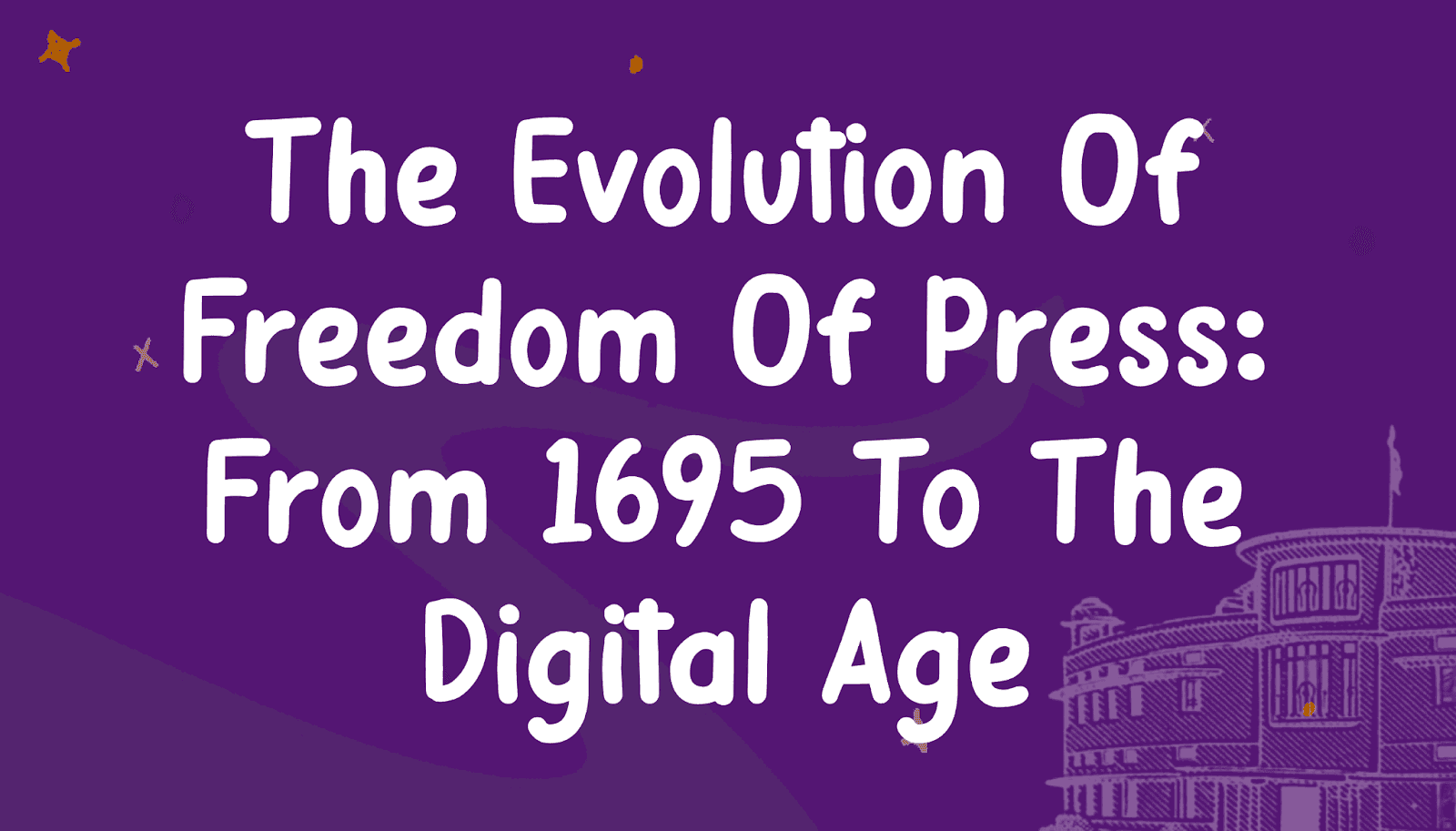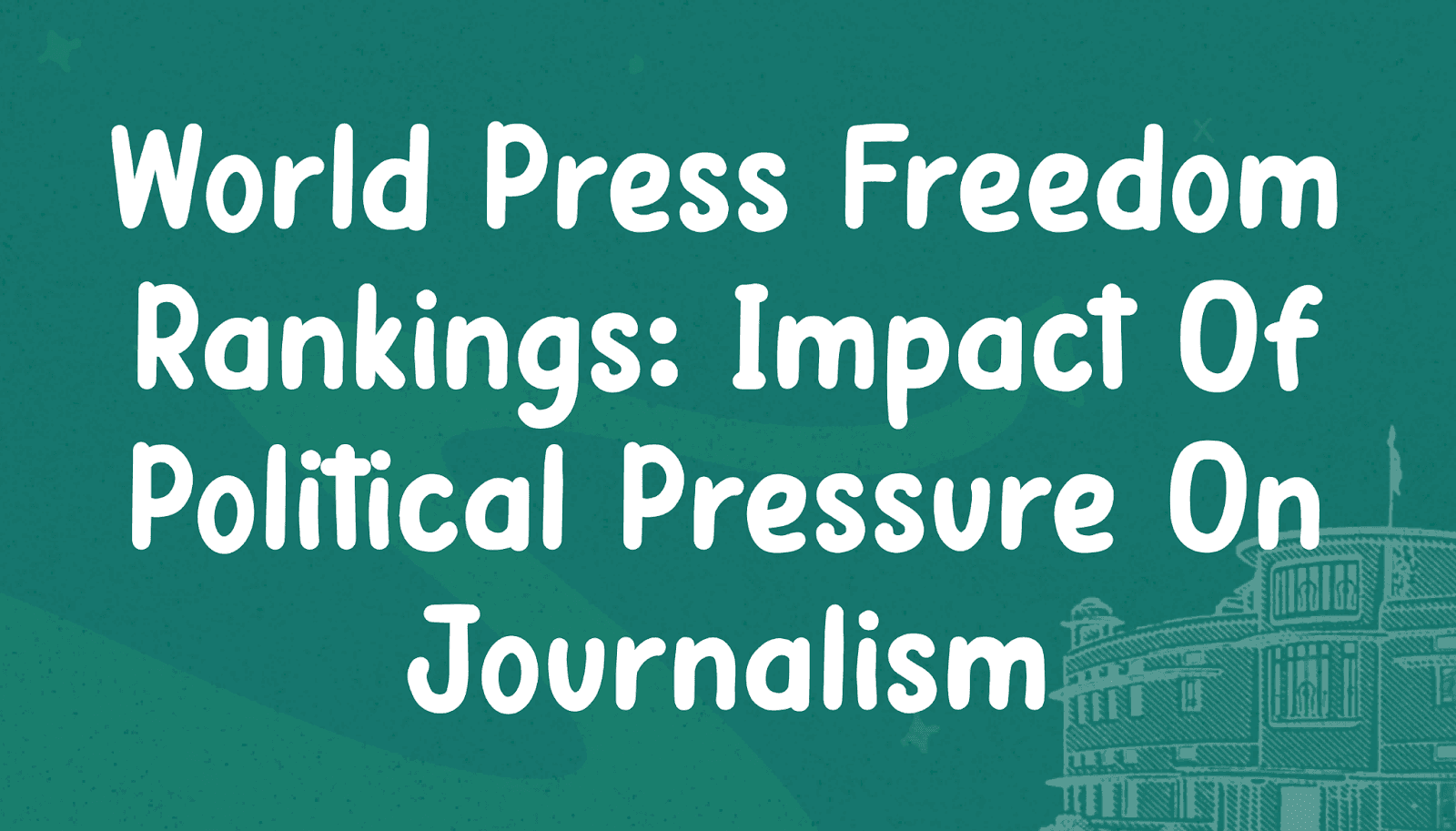Important Articles in Indian Constitution Related to UPSC Functions and Powers
Feb, 2025
•8 min read
Have you ever wondered what makes the UPSC critical to India’s governance? Why is this commission entrusted with such immense powers and responsibilities? The Union Public Service Commission (UPSC) plays a central role in shaping the country's administrative machinery. But did you know that its powers and functions are outlined in the Constitution of India?
The UPSC’s operations are governed by specific provisions in the Indian Constitution. These articles form the legal backbone of the Commission and provide the framework for its role in India's governance. Understanding these constitutional provisions is key to appreciating the Commission’s crucial role.
In this blog, we’ll dive into the key articles in the Indian Constitution that guide the UPSC. Let’s explore the constitutional safeguards that make it one of the most independent bodies in India.
Introduction to UPSC and Its Constitutional Basis
The Union Public Service Commission (UPSC) is a critical constitutional body responsible for recruiting candidates for the Indian Civil Services. The Constitution of India defines its functions, powers, and autonomy. Let’s explore its major features.
- Mandated by the Constitution
- The Constitution mandates the UPSC to oversee the recruitment of candidates for key government positions like IAS, IPS, and IFS.
- It is meant to ensure that appointments are based on merit and competence.
- Established as a Constitutional Body
- The UPSC is established under Article 315 of the Constitution, which defines its structure, functions, and powers.
- It operates as an independent, permanent body responsible for civil services recruitment at the national level.
- Autonomy and Independence
- The UPSC functions with a high degree of autonomy to protect its decisions from political interference.
- This independence ensures that the selection process remains impartial and merit-based.
UPSC's Role in India's Governance Framework

The UPSC is vital in India's governance framework, ensuring a meritocratic and impartial civil service. Its origins and constitutional backing underscore its significance.
- Recommendations Origin from Lee Commission in 1924
- The foundation for a central recruiting agency in India was laid by the Lee Commission in 1924.
- This commission, chaired by Viscount Lee of Fareham, was appointed to examine the superior civil services in India.
- The Lee Commission recommended the establishment of a Public Service Commission to recruit civil servants based on merit and reduce the influence of political considerations.
- This recommendation was a significant step towards professionalizing the civil services.
- Formation Reference in Government of India Act, 1935
- The Government of India Act 1935 incorporated the Lee Commission's recommendations. It formally established the Federal Public Service Commission.
- This marked the institutionalization of a central recruiting body, although its full potential was yet to be realized under colonial rule.
- The Act laid the framework for the Commission's functions and powers, setting the stage for its future role in independent India.
- Integral Part of Governance since January 26, 1950
- The Federal Public Service Commission was reconstituted as the Union Public Service Commission (UPSC) on January 26, 1950.
- This transition solidified the UPSC's position as a constitutional body. It was entrusted with the crucial responsibility of recruiting civil servants for the newly independent nation.
- The Constitution, particularly Articles 315 to 323, clearly defines the UPSC's composition, powers, and functions.
- It guarantees independence and establishes it as a cornerstone of India's governance structure.
- Since then, the UPSC has played a vital role in upholding the principles of meritocracy, impartiality, and efficiency in the Indian civil services.
In the next section, let’s examine the key constitutional articles that are related to UPSC’s functioning and operations.
Functions and Powers of UPSC
The UPSC is crucial in recruitment, promotion, and disciplinary matters for All India Services and Group A & Group B of the Central Services. Here's a breakdown of its functions and powers.
- Conducting Examinations for Various Services:
- The Commission conducts competitive examinations to recruit various civil services and posts under the Union government.
- These include the prestigious Civil Services Examination (for IAS, IPS, IFS, etc.), Engineering Services, and Combined Medical Services Examination.
- The UPSC is responsible for all aspects of the examination process. This includes setting the syllabus, conducting the examination, evaluating answer scripts, preparing the merit list, and recommending candidates for appointment.
- Advisory Role for State PSCs on Governor's Demand with Presidential Consent:
- While the UPSC primarily deals with recruitment for the Union government, it can also play an advisory role for State Public Service Commissions (SPSCs).
- The UPSC can provide its expertise and advice to the SPSC if a state governor requests assistance from the UPSC. This can be related to recruitment or disciplinary actions.
However, the UPSC's advice in such cases is not binding on the SPSC or the state government.
- Assisting in Scheme Development for Specialized Recruitment:
- The UPSC can assist the government in developing schemes for specialized recruitment.
- This involves designing selection procedures, formulating eligibility criteria, and suggesting suitable candidate evaluation methods.
- Handling Consultative Matters like Legal Defense Compensation:
- The UPSC has an advisory role in certain disciplinary matters.
- It can be consulted on issues like awarding compensation for legal defense in cases where a civil servant faces prosecution.
- The UPSC's advice in such matters is generally considered while making the final decision.
It's important to note that while the UPSC's recommendations carry significant weight, the final decision on appointments and disciplinary actions rests with the government.
Let’s explore how the Indian Constitution ensures the autonomy of UPSC in its provisions in the next section.
Constitutional Provisions Ensuring UPSC's Autonomy

The UPSC's independence is crucial for ensuring fair and impartial recruitment to public services. Several constitutional provisions safeguard this autonomy. Let’s examine!
- Established as a Central Recruiting Agency:
- Article 320 emphasizes UPSC’s role as the central recruiting agency for All India Services and Group A & Group B of the Central Services. This designated role strengthens its position and prevents encroachment by other bodies.
- Similar Independence Shared with the Election Commission:
- While not explicitly stated in the Constitution, the UPSC enjoys a degree of independence comparable to the Election Commission.
- The UPSC ensures meritocratic recruitment to public services, and the Election Commission conducts free and fair elections.
- This parallel underscores the importance of the UPSC's impartial functioning.
- Both are constitutional bodies with clearly defined roles and safeguards against external interference.
Also read: Essential Strategy to Crack UPSC IAS Exam in First Attempt.
In the next section, we will explore the regulatory framework that guides the working of UPSC members.
Regulatory Framework and Conditions of Service for UPSC Members
The conditions of service for UPSC members are designed to ensure their independence and protect them from external pressures.
- Article 318: Regulations on Service Conditions:
- Article 318 empowers the UPSC to determine the number of members of its staff and regulate their conditions of service. This includes recruitment, promotion, pay scales, and disciplinary matters.
- This power reinforces the UPSC's administrative autonomy and ensures its staff's loyalty and adherence to the Commission's principles.
- Power to Regulate Service through Presidential Directives:
- Article 318 grants the UPSC significant control over its staff. However, the President retains the power to make regulations regarding the number of Commission members and conditions of service.
- Any such regulations by the President require prior consultation with the UPSC. This ensures that the Commission's views are considered and its independence is not compromised.
- Ineligibility for Reappointment Post-Term as Outlined in Article 319:
- Article 319 outlines restrictions on the post-retirement employment of UPSC members.
- A Chairman of the UPSC is ineligible for further employment under the Government of India or any state government.
- Other members of the UPSC are ineligible for reappointment to the Commission and can only hold positions as Chairman of the UPSC or a State Public Service Commission.
- These restrictions are designed to prevent potential conflicts of interest and maintain the impartiality of the UPSC.
- By limiting post-retirement opportunities, the likelihood of members favoring certain candidates or policies in anticipation of future employment is minimized.
Also watch: Complete GS Syllabus Revision with LIVE UNLIMITED TESTS.
In the next section, let’s explore the eligibility and restrictions on UPSC members.
Eligibility and Restrictions for UPSC Members
The eligibility criteria and restrictions placed on UPSC members are crucial for maintaining the integrity and impartiality of the Commission.
- Eligibility Restrictions for Reappointment Post-Service
- Chairman: After completing their term, the Chairman of the UPSC is ineligible for any further employment under either the Government of India or any state government. This strict restriction ensures complete independence during their tenure, as there's no prospect of future government employment to influence their decisions.
- Members: Other members of the UPSC face different restrictions. They are ineligible for reappointment to the UPSC itself. However, they are eligible to be appointed as the Chairman of the UPSC or as the Chairman of a State Public Service Commission (SPSC).
- Presidential Authority in Appointment and Removal
- Appointment: The President of India appoints the Chairman and other members of the UPSC. While the Constitution doesn't specify qualifications, the convention appoints individuals with impeccable integrity, extensive administrative experience, and a deep understanding of public affairs.
- Removal: The President also holds the power to remove a member of the UPSC, but only on specific grounds and after a prescribed procedure. A member can be removed for misbehavior, but only after the Supreme Court has inquired into the matter and upheld the grounds for removal.
This process safeguards members from arbitrary dismissal and ensures their independence from political interference.
Also worth reading: Fundamental Rights MCQ for UPSC - Indian Polity and Civics
The UPSC plays a critical role in ensuring that the staff selection process for India’s civil services remains impartial and efficient. Let’s wrap up this topic with a brief conclusion.
Conclusion
The Union Public Service Commission (UPSC) is more than just an examination—it marks the pursuit of excellence in service to the nation. The constitutional articles that guide the UPSC ensure a fair and transparent recruitment process and preserve the Commission’s independence. It helps you understand why UPSC is one of the most important pillars of India’s democracy. Take your UPSC preparation one step at a time.
Hold your nerve, stay patient, and success will shine on you!
SuperKalam is committed to helping you navigate this journey with the right tools, guidance, and resources. Benefit from content modules, brainstorming sessions, and personalized feedback for expert mentorship.
Start your UPSC journey today with SuperKalam—where preparation meets excellence.



